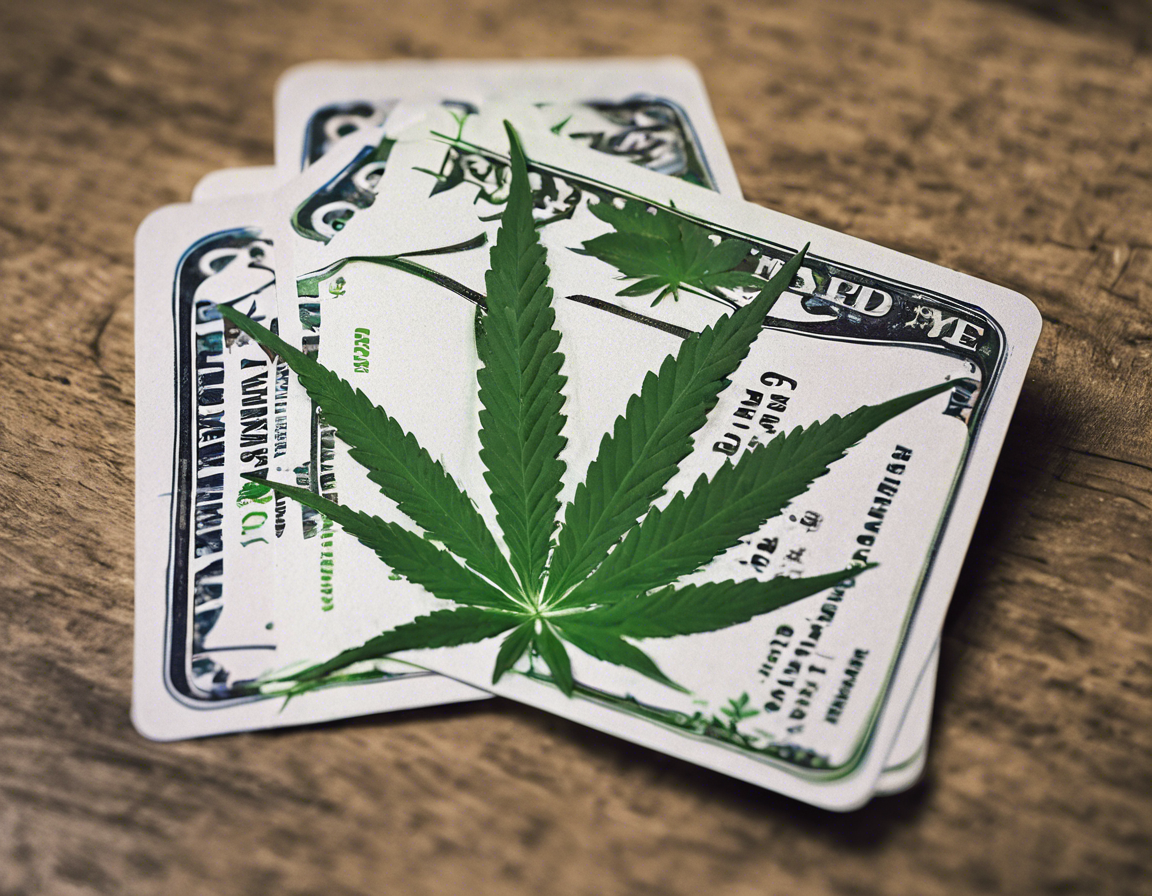Are you considering getting a medical marijuana card but want to find the most affordable option near you? This comprehensive guide will walk you through the process of obtaining your medical marijuana card, along with tips to find a cost-effective solution.
Understanding Medical Marijuana Cards
Before delving into the cost aspect, let’s understand what a medical marijuana card is and how it can benefit you. A medical marijuana card, also known as a cannabis card or MMJ card, is an identification card that allows individuals with qualifying medical conditions to purchase medical marijuana from licensed dispensaries.
In states where medical marijuana is legal, patients can apply for a medical marijuana card by providing proof of their qualifying condition, such as chronic pain, PTSD, cancer, or epilepsy. Once approved, patients can access medical marijuana as a treatment for their condition.
The Cost of Getting a Medical Marijuana Card
The cost of obtaining a medical marijuana card can vary depending on several factors, including the state you reside in, the clinic or physician you visit, and any additional services included in the process. Here are some common costs associated with getting a medical marijuana card:
1. Doctor’s Consultation Fee:
Most states require patients to have an in-person evaluation with a qualified physician to determine if they have a qualifying medical condition for medical marijuana use. Consultation fees can range from $50 to $200 or more.
2. State Application Fee:
In addition to the doctor’s consultation fee, patients must pay an application fee to the state for their medical marijuana card. Application fees can range from $50 to $200 depending on the state.
3. Renewal Fees:
Medical marijuana cards typically expire after a certain period, usually one year. Patients will need to pay renewal fees to extend their card’s validity, which can range from $50 to $150.
4. Additional Services:
Some clinics or physicians may offer additional services such as assistance with the application process, follow-up appointments, or discounts on medical marijuana products. These services may come at an extra cost.
Tips for Finding Affordable Medical Marijuana Cards
Now that you have an idea of the potential costs involved in obtaining a medical marijuana card, here are some tips for finding an affordable option near you:
1. Research Multiple Clinics:
Don’t settle for the first clinic you come across. Research multiple clinics in your area and compare their prices for doctor’s consultations and additional services.
2. Look for Discounts or Promotions:
Some clinics may offer discounts or promotions for new patients or referrals. Take advantage of these offers to lower your overall cost.
3. Consider Telemedicine Services:
With the rise of telemedicine, some clinics now offer online consultations for medical marijuana cards. These virtual appointments may be more affordable than in-person visits.
4. Check for Financial Assistance Programs:
Certain states have financial assistance programs for low-income individuals seeking a medical marijuana card. Check if you qualify for any discounts or waivers.
5. Ask About Package Deals:
Some clinics may offer package deals that include the doctor’s consultation fee, application fee, and renewal fees at a discounted rate. Inquire about these packages to save money in the long run.
Frequently Asked Questions (FAQs) About Medical Marijuana Cards
1. Are all states in the U.S. legal for medical marijuana use?
No, not all states have legalized medical marijuana. As of [current year], medical marijuana is legal in [number of states] states, and recreational use is legal in [number of states].
2. Can I use my medical marijuana card in a different state?
Some states have reciprocity agreements that allow out-of-state medical marijuana cardholders to purchase medical marijuana in their state. Check with the state’s medical marijuana program for reciprocity guidelines.
3. How long does it take to get a medical marijuana card?
The process of obtaining a medical marijuana card can vary depending on the state. In general, it can take anywhere from [duration, e.g., 2-4 weeks] to receive your card after submitting your application.
4. Can I get a medical marijuana card for anxiety or depression?
Qualifying medical conditions for a medical marijuana card vary by state. Some states do allow medical marijuana use for anxiety and depression, while others may not. Check your state’s medical marijuana program for a list of qualifying conditions.
5. Are there age restrictions for obtaining a medical marijuana card?
Most states require individuals to be 18 years or older to apply for a medical marijuana card. For minors, a parent or legal guardian may apply on their behalf and act as a caregiver.
In conclusion, obtaining a medical marijuana card can provide relief for individuals suffering from various medical conditions. By researching and comparing clinics, taking advantage of discounts, and exploring financial assistance programs, you can find an affordable option to obtain your MMJ card. Remember to check your state’s medical marijuana laws and regulations to ensure a smooth and cost-effective process.
